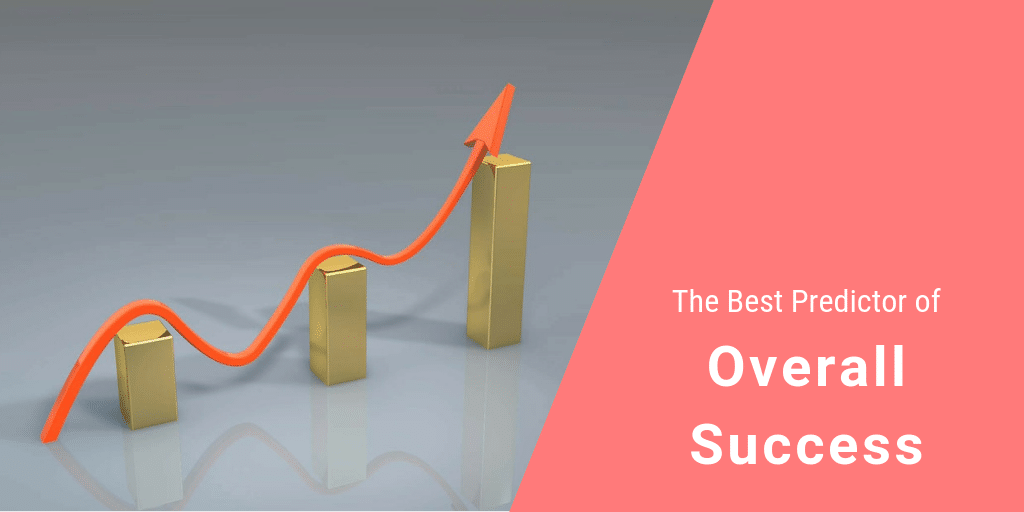We have all experienced it – the frustration of working with someone who doesn’t see the implications of their behavior. While I could talk about others, I have to be honest, there have been times when I was the one who didn’t see the implications of my behavior. I behaved in ways that were counter-productive. My behavior sabotaged the results I desired, rather than increased my chances of attaining my goals.
Increasing self-awareness builds your focus muscle. Your-decision making process and team leadership are more clear and crisp. Knowing yourself and your impact on your organization helps you focus on those things that only you can do as the leader. As a leader, self awareness is a critical skill.
Green Peak Partners, along with a research team from Cornell University, published research results showing that so-called soft skills, people skills and self-awareness, are vital to strategic and financial success. Their research showed that high self-awareness was a strong predictor of overall success.
What is self-awareness?
Self-awareness is not navel-gazing or narcissism. Self-awareness is knowing what you’re good at and what you still have to learn. It is understanding your strengths and weaknesses, as well as your core values. Along with these skills, Jack Zenger, of Green Peak Partners, says “The most important element of self-awareness, especially for those who lead organizations, is a clear understanding of the impact they are having on the people around them.” Self-awareness provides clear benefits for you as a leader and a business owner.
Through self-awareness you:
- Gain a deeper and clearer understanding of your impact on your organization.
- Understand what motivates you and how your decisions are driven by these motivations.
- See where your strengths are used productively and where they become weaknesses when you overuse them.
Developing self-awareness requires willingness to practice introspection, as well as be vulnerable and gain feedback from others. In our culture, we often receive the message that we can’t acknowledge not knowing everything there is to know. Here’s the problem with not acknowledging we don’t know everything; others can see it, whether we acknowledge it or not.
How do we develop greater self-awareness?
The JoHari Window is a tool for developing our self-awareness. The JoHari Window was developed by two psychologists in the 1950’s, Joseph Luft and Harry Ingham – hence the name JoHari. This tool provides an approach to self-awareness through examining what is known and unknown by the individual and others.
Over the next few weeks, we’ll explore the JoHari Window and look at how it can be used for developing greater self-awareness. If you’re wondering about the situations I alluded to at the beginning of this blog post, here’s the short version of how I addresses my self-sabotaging behavior. After a few experiences where I blew an opportunity because of lack of self-awareness, I took a hard look at where I needed to gain deeper self-awareness and modify my behavior. Gaining self-awareness helped me avoid unnecessary pain for self and for others.
How do you gain more self-awareness? Where could increased self-awareness help you become more effective?

